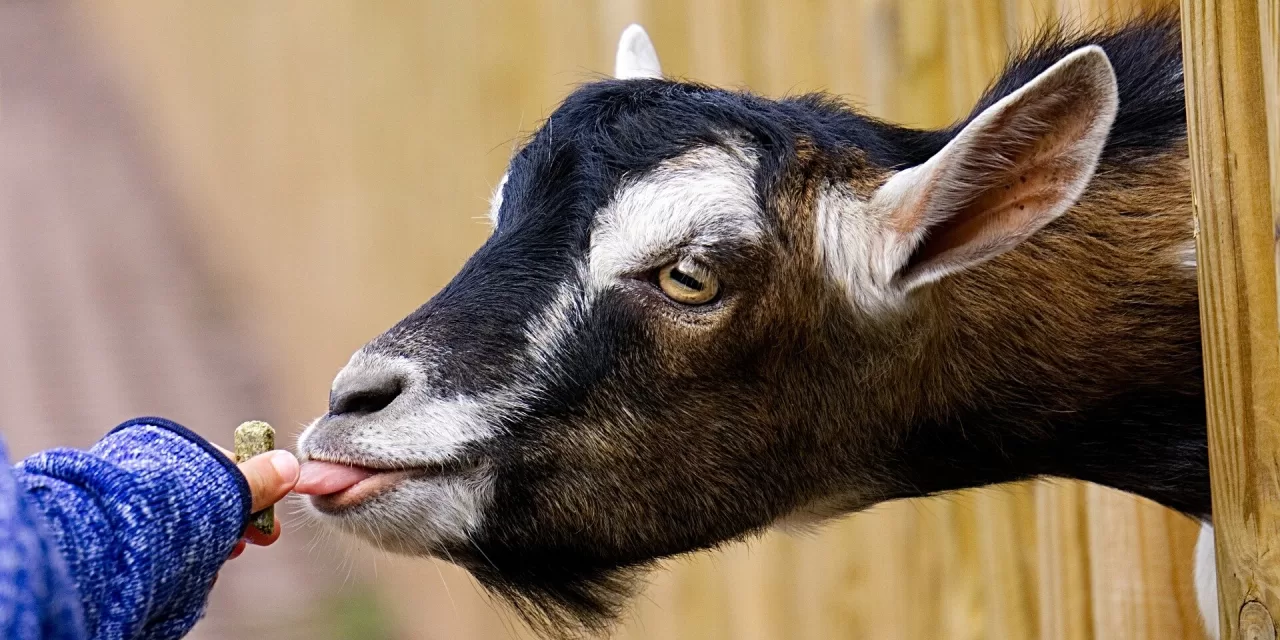A new study from the University of Gothenburg in Sweden has found that infants who grow up on farms and are exposed to animals have a significantly lower risk of developing allergies later in life. This discovery adds to growing evidence that the gut microbiome plays a crucial role in human health, especially in relation to allergies.
The research team, which included pediatricians and specialists in infectious and inflammatory diseases, partnered with colleagues at Skaraborg Hospital to conduct the study. Published in the open-access journal PLOS ONE, the study suggests that early exposure to farm animals impacts the development of the gut microbiome, which in turn reduces the likelihood of developing allergies.
Medical science has long recognized the importance of the gut microbiome—the collection of microorganisms that live in the digestive system—on overall health. Over recent decades, researchers have found that a diverse microbiome plays a role in preventing various health conditions, including allergies. This new study provides compelling evidence that farm life, which involves direct contact with animals, might foster a more diverse and beneficial gut microbiome.
To explore this theory, the researchers analyzed fecal samples from 65 children at various stages of their early childhood: three days, 18 months, three years, and eight years old. The team compared samples from infants living on farms with those of children from non-farm families, some of whom had pets. The study found that infants raised on farms had a gut microbiome with seven times more anaerobic bacteria—microbes that thrive in oxygen-deprived environments—than those who did not grow up on farms. This difference was not seen in children who had pets but were not farm-raised.
The researchers also observed that the differences in gut bacteria diminished over time, yet children raised on farms had far lower rates of allergies at age 8 compared to those who were not exposed to animals during infancy. This suggests that early exposure to farm animals may shape the microbiome in ways that protect against allergies.
Annika Ljung, the lead author of the study, emphasized the role of the early microbiome in shaping lifelong health. “Our findings suggest that early exposure to farm animals, and the microbiome changes associated with it, might be a key factor in reducing allergy development,” she said.
While the gut microbiome’s role in immunity and health is still an area of active research, this study adds to the growing body of evidence supporting the idea that our environment, especially during infancy, can have a lasting impact on health outcomes.
The full study, “Gut microbiota markers in early childhood are linked to farm living, pets in household and allergy,” can be found in PLOS ONE (DOI: 10.1371/journal.pone.0313078).












